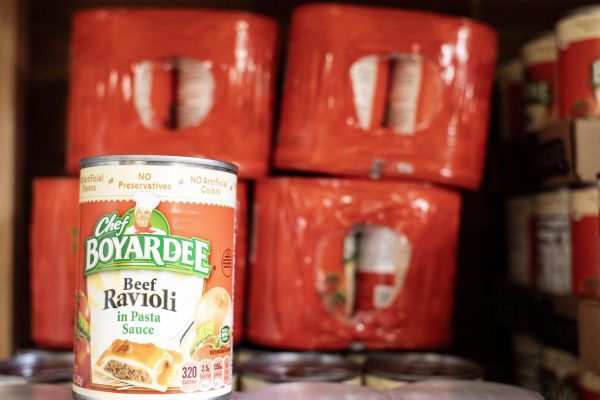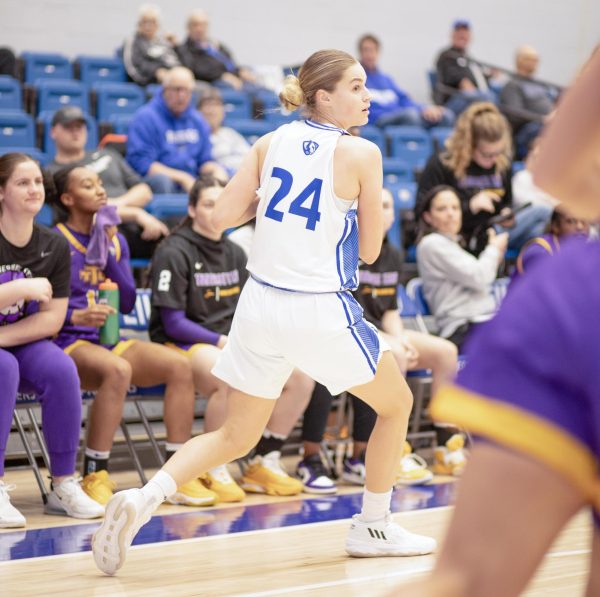Bottle Shock
A survey about drinking games among college students found that a large number of students who answered the survey played drinking games in order to socialize.
Emily Schumacher, a senior health studies major, said she was curious about drinking game patterns across campus and wanted to do a survey.
With the help of advisers, she sent out an email to Eastern’s student body.
Schumacher reported that out of the 488 students who responded to the survey, 57.7 percent said they used drinking games to mingle with others.
Fifty-three percent of students reported using drinking games to socialize simply because they were new to a group.
Matt Congreve, a junior marketing major, agrees with the 53 percent of students that socialize while playing drinking games and said drinking games were a perfect gateway to get to know people.
“The games are fun, and it doesn’t have to be alcohol,” Congreve said. “You can play the games and just use water, but I think it’s the fact that you’re playing a game with people that makes it easier to socialize.”
George Karnezis, a freshman pre-engineering major, said the situation was also a good atmosphere to meet people.
“It’s a social medium,” he said. “People are usually in a good mood during these games, and that’s when you start talking to them.”
However, socializing was not the only reason for participating in drinking games.
More than 18 percent of students answered that they used drinking games to get drunk, 12.6 percent joined for the competition attributed to the games, while 11.4 percent said they wanted to get others drunk.
Schumacher also concluded that students who played drinking games ended up binge drinking during the games.
More than 7 percent of students reported only having 0 – 1 drink during the games, while 32.4 percent had 2 – 3 drinks, 20.7 percent had 4 – 5 drinks, and 11.1 percent had 6 or more drinks.
The frequency of when students played these games also caused Schumacher concern.
“37.3 percent of the sample participated in drinking games more than three times per month, with 12.1 percent playing more than 7 times per month,” Schumacher said in her results.
Out of the students that participated in drinking games, 44.6 percent reported experiencing alcohol-related problems.
These problems included hangovers, blackouts, vomiting, and injuries sustained while under the influence.
This survey was prompted by the curiosity of Schumacher, as well as the timeliness of the subject.
Richard Cavanaugh, a health studies professor, and one of Schumacher’s advisers on the survey, said students need to be more informed about the dangers of drinking games.
“Everybody reads about it all the time, instances of college students drinking, and what happens after they over-drink,” Cavanaugh said.
Schumacher does have recommendations for future health educators.
“By developing programs or disseminating information across college campuses that specifically target drinking game participation, college students can better understand the risks and problems better associated with playing drinking games,” Schumacher said in her results.
Schumacher’s other adviser in the survey, Misty Rhoads, a health studies professor, described a program other colleges have, what she calls a bystander program.
“It teaches students how to react in situations where they would witness somebody having problems due to binge drinking,” Rhoads said.
Schumacher will be presenting her findings to the American Association of Health Education, at a national convention March 13 in Boston.
Bobby Galuski can be reached at 581-2812 or [email protected].










































